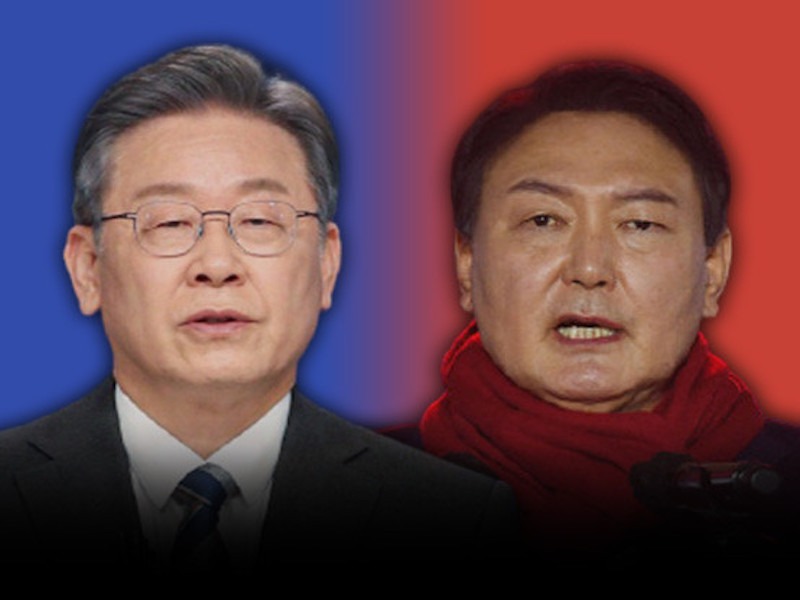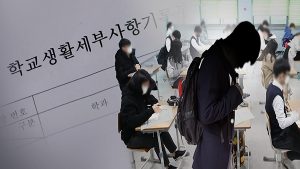Controversies erupt around Korean presidential candidates
Jan 28, 2022
With the South Korean presidential election approaching, the presidential candidates from Korea’s two major parties are both mired in major scandals involving their families.
Lee Jae-myung, the nominee from the incumbent Democratic Party, was recorded swearing violently at his brother. The recording has been shared online, and the opposing party, the People Power Party (PPP), has used it to frame Lee as a profane, rude individual. He has been further accused of forcing his brother into a mental hospital, and his son was caught gambling illegally.
“I know that there is a multitude of controversies surrounding Lee Jae-myung,” Joon Sung Kim (10), political enthusiast, said. “To name a few, he has a record of driving under the influence, he is pretty notorious for profanity on his social media platforms, and he has publicly made many radical statements.”
For Yoon Seok-youl, the nominee from the PPP, the issues stem from his wife and mother-in-law. Yoon’s wife has been exposed for lying on her resume, and Yoon’s mother-in-law has been sentenced to prison for forging financial documents, although she appealed her case.
Both parties have engaged in mudslinging tactics to take advantage of the other nominee’s scandals, resulting in “the most distasteful [election] in Korean history,” according to Hankyoreh, a Korean media outlet.
“There is a fine art to mudslinging, and if it becomes too nasty and personal, it can reflect poorly on the accuser,” James Kowalski, history teacher, said. “Negative rhetoric toward another candidate can be done in a professional manner by criticizing his or her record or perceived competence. On the other hand, if attacks descend to a personal level, its effects can backfire.”
The various scandals have resulted in wild changes in public opinion polls. At the start of December 2021, Yoon led by nearly six percentage points. But at the height of Yoon’s controversies, which was the first week of January 2022, he trailed Lee by six percentage points. Now, as most of the controversies have died down, Yoon has reclaimed the lead by four percentage points.
“Scandals play a major role in elections because they unearth disagreeable qualities about the nominees,” Han Joo Lee (10), political follower, said. “Voting for a president with a criminal past, for instance, would not be for the better.”
For voters, the challenge lies in considering the nuance that is contained within each political scandal and seeing the whole picture clearly.
“When dealing with politics, the public rarely gets the entire narrative to draw a full conclusion,” Mr. Kowalski said. “More often than not, these situations have information that are not or cannot be revealed, information that might make the broader public reconsider their perceptions if they knew it. Though some accusations may seem true given a certain limited set of facts, there might be a lot more to the story.”
Ultimately, it will be a tough decision for voters as they weigh in the various scandals in addition to the nominees’ policies.
“I would vote based on a balance between policy ideas and the severity of the candidates’ scandals,” Peter Kim (11), history and politics devotee, said. “Economics and foreign policy are very important to me, so I would look at that first. But, if a scandal is much too egregious, and I feel like the candidate could damage the nation, I would have to vote for the side with better morals.”







